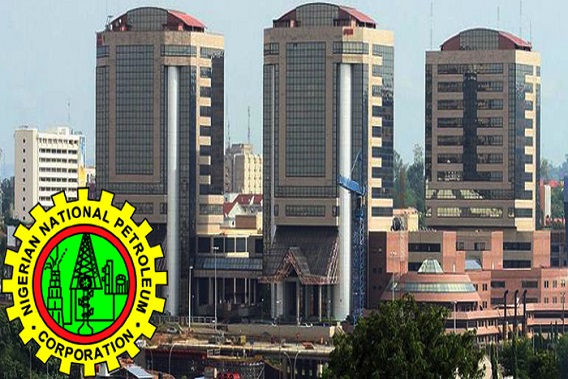The Nigerian National Petroleum Corporation (NNPC) is reportedly in negotiations with oil traders to source $1 billion in advance for crude oil payment to revamp its largest but ailing refinery in Port Harcourt, according to a report by Reuters on Thursday, January 7.
The funding will help NNPC conduct a long-standing overhaul of the asset and scale down Nigeria’s heavy dependency on imported fuel.
In essence, this means Nigeria will be taking its second oil-supported funding since the outbreak of the pandemic.
This development has complicated the process of attracting investors at a time fuel demand is taking a hit from lockdowns and renewable energy drawing more patronage from users than fuel from hydrocarbons.
Repayment will come over a seven-year period by way of supplies of crude and products from the refinery when the rehabilitation is over, sources said. The financing will be spearheaded by Afreximbank.
“Afreximbank is looking into a facility for the refurbishment of the Port Harcourt Refinery. However, the borrower is yet to be determined,” said an NNPC spokesperson.
According to the sources, a raft of international and local trading houses, also comprising some firms with previous Nigerian work experience but which do not want their names mentioned, are being engaged in talks.
Loan delinquency and commodity trading fraud; particularly in Asia have drained foreign banks’ interest in granting credit in a nation deemed to be of high risk.
Nigeria’s four state-owned refineries have a total capacity of 445,000 barrels per day (bpd) in Warri, Kaduna, and Port Harcourt, which has two plants.
They posted losses coming to N167 billion in 2019 when the Warri refinery did to refine any crude. The NNPC facilities were shut down in April, preparatory to the revamp.
In 2018, the NNPC shelved a bid two years ago to engage oil producers; traders; and engineering companies to finance refurbishments; following over one year of negotiation; saying it would finance the revamps itself.
NNPC’s moribund refineries make Nigeria reliant on imported fuel; with subsidies gulping several billions of dollars of state money.
The Nigeria government said the subsidy regime was over; even though the NNPC is technically the only company bringing fuel into Nigeria; exchanging 300,000 bpd of oil for fuel.









